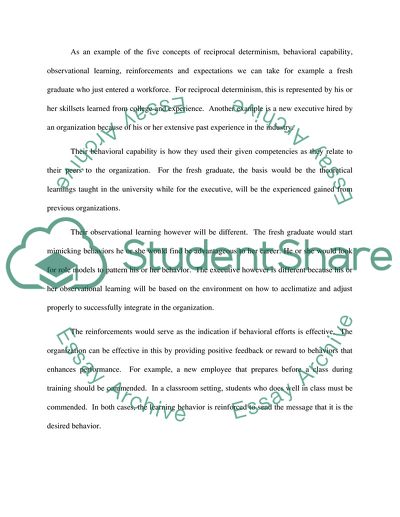Social Cognitive Theory Coursework Example | Topics and Well Written Essays - 500 words. Retrieved from https://studentshare.org/psychology/1675852-social-cognitive-theory
Social Cognitive Theory Coursework Example | Topics and Well Written Essays - 500 Words. https://studentshare.org/psychology/1675852-social-cognitive-theory.


